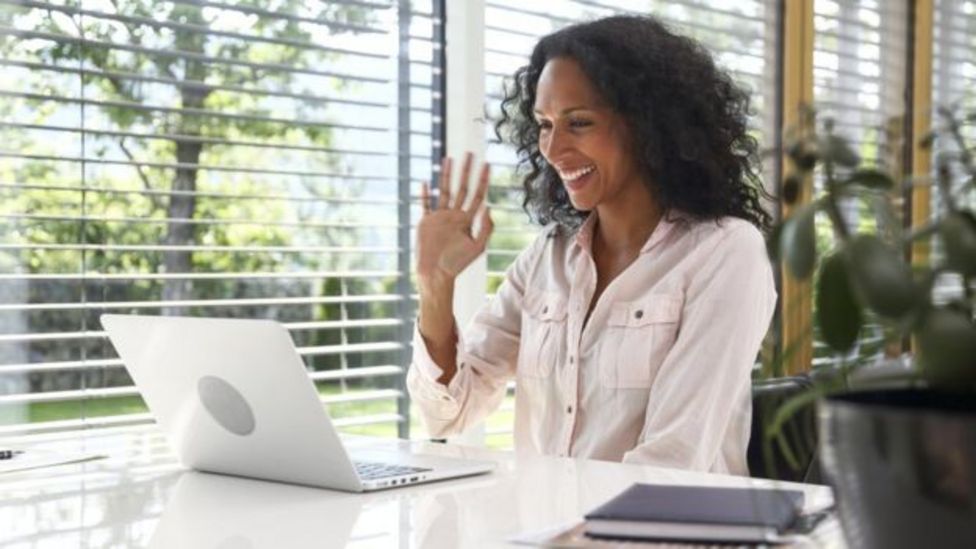
When the pandemic shut down the state the next month, she sped up her move. Michelle Iorio, 46, closed on a new house in Belmar, N.J., in February.

So it definitely has felt to good to pay off credit cards.” A cozy nest, or a cozy doomsday bunker? “While my credit card debts aren’t wild trips to wherever - it’s just like you need to fix your car, or you need a new mattress - you’re creating debt for pretty small things. “It is hard as a single mom with a special-needs kid to stay in front of expenses,” Ms. “Most of the things that I have purchased was stuff to try to make lockdown more manageable” Ms. Thiede also bought an adult stroller large enough to take her daughter when she goes on runs. They already were not spending money on traveling.”Īlisa Thiede, 43, a high school teacher who lives in Moorestown, N.J., said she bought a trampoline for her 13-year-old daughter, who has epilepsy and learning disabilities. “They kept their jobs, but they never had a nest egg. “They didn’t notice a difference because pre-pandemic they were paycheck to paycheck,” he said. Even lower-income people fortunate enough to keep their jobs have been unable to save their money, much less buy household luxuries, Professor Besharat said. Unemployment filings remained high in August, job growth continued to slow down throughout the summer and the threat of mass evictions is expected to loom. In April, consumers reported saving 33 percent of their income, up from an average of 7 percent, he said.īut not everyone has that luxury, he said. She said she had indulged a little, however, buying kippers at the grocery store and was considering buying a printer and a new chair for her desk.Īli Besharat, a marketing professor and co-director of the Consumer Insights and Business Innovation Center at the University of Denver, said many people were also saving money or paying down debt. “I just don’t think that buying things is going to stabilize our world,” Ms. Louise Dunlap, 82, a retired writing teacher in Oakland, Calif., said she had used pandemic savings to donate to organizations seeking to return land to Indigenous people. Not everyone feels comfortable splurging. It is the kind of investment that many consumers have made in recent months, buying kayaks, pools, outdoor patio heaters and trampolines to liven up their backyards and soften the blow of lost vacations.
STUCK AT HOME COVID MOVIE
To recreate the lost experience, they bought a movie projector with a large white screen, then built a fire pit in the backyard, where her family has watched “Star Wars,” “The SpongeBob SquarePants Movie” and “lots of Scooby-Doo,” she said. Meg Casey, 38, a lawyer in Nashville, said she and her husband, a doctor, loved going to the movies before the pandemic. But we’re also looking for ways to feel safer and more cozy.” “Yes, we’re looking for ways to make home feel more entertaining and vibrant.

“Think of this as an amplified nesting response,” she said. It may feel indulgent to splurge on your household now, but it’s perfectly normal, even healthy, said Asia Wong, a social worker and director of counseling and health services at Loyola University New Orleans. “I also just feel weird generally about having a job because I don’t necessarily feel special or better than any of my friends who have lost their jobs.”īut experts warn against being too hard on yourself in a time of great anxiety. Barney, who has donated and also tried to help friends who were laid off. Shouldn’t they be giving money to charity, or decluttering their lives?

They are buying bamboo-linen sheets, big-screen TVs, high-end blenders and new furniture.Īnd some of them feel guilty being able to buy freely when so many other people are unemployed.
STUCK AT HOME COVID UPGRADE
With limited restaurant options, even fewer travel options and little reason to spend money on nice clothes for the office, those fortunate enough to have kept their jobs during the pandemic are using their disposable income to upgrade their pandemic headquarters.


 0 kommentar(er)
0 kommentar(er)
